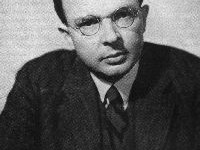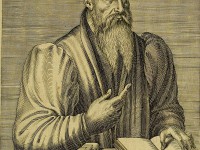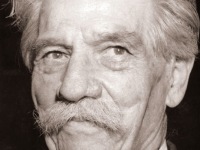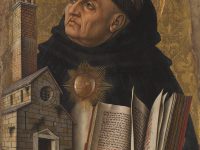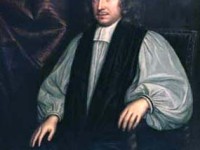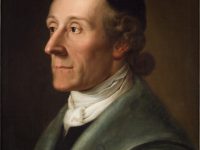Rudolf Carnap and the Logical Structure of the World
On May 18, 1891, German-born philosopher Rudolf Carnap was born. He was a major member of the Vienna Circle and an advocate of logical positivism and made significant contributions to logic and the philosophy of science. To avoid the ambiguities resulting from the use of ordinary language, he made a logical analysis of language. He believed in studying philosophical issues in artificial languages constructed under the rules of logic and mathematics, which…
Read more

